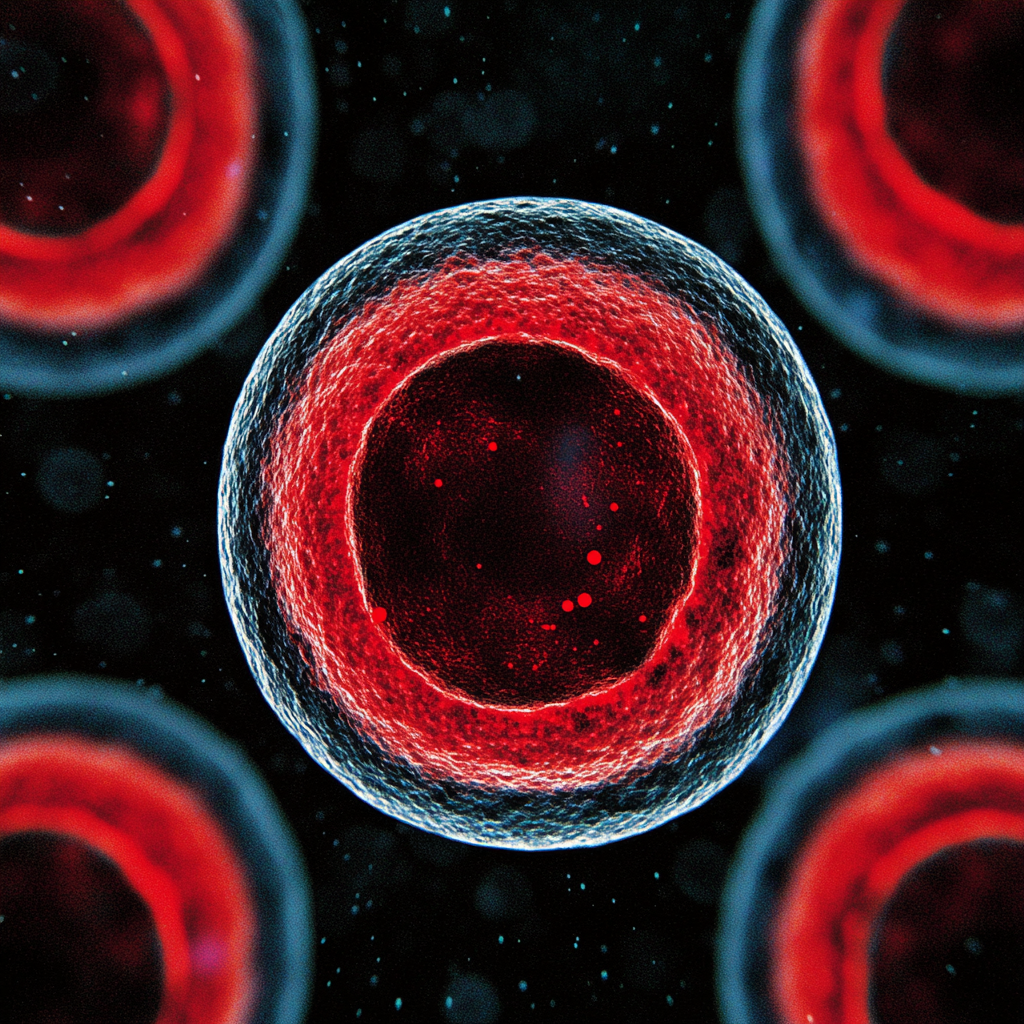Cancer. 2025 Jul 1;131(13):e35939. doi: 10.1002/cncr.35939.
ABSTRACT
BACKGROUND: Indoleamine 2,3-dioxygenase 1 (IDO1) is a heme-containing enzyme that degrades tryptophan (Trp) to kynurenine (Kyn), which suppresses effector T cells and reduces antitumor activity. KHK2455 is a long-acting selective IDO1 inhibitor that blocks the heme component of the IDO holoenzyme. Mogamulizumab is a humanized immunoglobulin G1 monoclonal antibody targeting CCR4. KHK2455 + mogamulizumab demonstrated enhanced antitumor activity in preclinical studies, which led to a first-in-human, two-part, multicenter, open-label, phase 1, dose-escalation, cohort-expansion trial (ClinicalTrials.gov identifier NCT02867007) evaluating the safety/tolerability, pharmacokinetics, and IDO1 activity of KHK2455 alone and in combination with mogamulizumab in patients with treatment-refractory advanced solid tumors.
METHODS: Patients received oral KHK2455 at fixed doses of 0.3, 1, 3, 10, 30, and 100 mg once daily as run-in monotherapy for 28 days (cycle 0), and then in combination with 1 mg/kg intravenous mogamulizumab given weekly for cycle 1 and every 2 weeks from cycle 2 onward.
RESULTS: Thirty-six patients were enrolled. One patient with an initial diagnosis of lower esophageal cancer (100-mg cohort) experienced grade 3 gastrointestinal necrosis, and did not receive mogamulizumab. Overall, KHK2455 + mogamulizumab was well tolerated, with manageable adverse events at all doses. KHK2455 + mogamulizumab demonstrated dose-dependent plasma concentration increases and suppression of IDO1 activity. One patient with advanced bevacizumab-resistant glioblastoma demonstrated a durable confirmed Response Evaluation Criteria in Solid Tumors, version 1.1, partial response, and nine patients achieved a durable disease stabilization of ≥6 months. On the basis of the preliminary antitumor response, the cohort expansion was not initiated.
CONCLUSIONS: KHK2455 + mogamulizumab was safe and well tolerated with manageable toxicities, and resulted in dose-dependent suppression of IDO1 activity; signals of antitumor activity were observed.
PMID:40536766 | DOI:10.1002/cncr.35939
